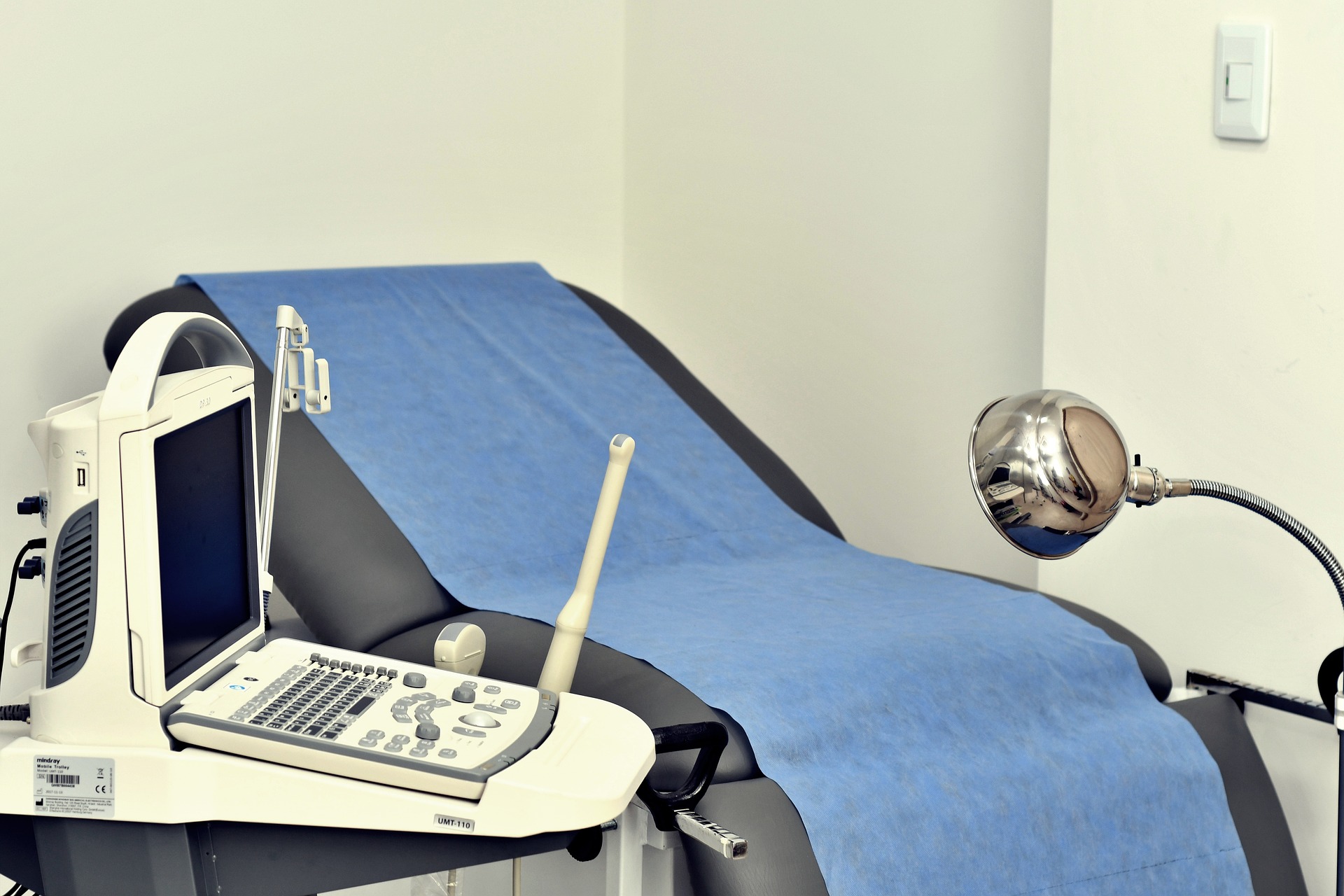UTIs are often triggered by a bacterium like E and are present in two categories: upper and lower. The urethra and bladder are primarily affected, called the lower tract UTI. If you are currently facing this condition, you must find out how long does UTI last. While the condition is curable, it takes time to eradicate fully.
Bladder infection or cystitis is a bladder UTI managed with antibiotics. Did you know that because of untimely treatment of lower tract UTI, it spreads to the upper tract, that is, the kidney?
Upper-tract UTIs are very rare but considerably dangerous. Kidney infection or Pyelonephritis can cause lifelong damage which needs urgent medical intervention. However, urinary tract infections can repeat frequently throughout a year, sometimes even thrice a year.
Below are the UTIs that can attack your body:
- Bladder – This happens when your bladder gets infected, known as a bladder infection or cystitis
- Kidneys – UTI can also attack both your kidneys, called Pyelonephritis
- Ureters – The ureter is the tube that takes urine from both kidneys to your bladder. This UTI infection is also capable of infecting the ureters.
- Urethra – This is an infection which attacks the urethra. Urethra is the tube that empties the urine from your bladder.
UTI can also make you feel like it will last forever. After all, when you have to run to the loo constantly, it will create an unnecessary lifestyle disorder. But aren’t you curious to know how long does a UTI last?
Well, the answer isn’t that easy or straight. If you have a UTI in the bladder, it will take almost one day to a week. But let’s dig in for a clear picture of how long does a UTI last and how to get relief from it.
Table of Contents
How long does a UTI last
Most mild UTIs last up to seven days. However, there are various factors which influence your recovery and the bacteria to clear from your body.
When you think about how long does a UTI last, the first thing you should consider is whether it’s complicated or uncomplicated. Once you are aware of your condition fully, you will turn to recovery. So, the next part will determine if you will go with antibiotics or without antibiotics.
The good news is, as per research, uncomplicated ones are more common compared to complicated ones. Uncomplicated ones are mostly located around the bladder (lower urinary tract) and are easy to treat.
If you have an uncomplicated UTI, you may not need any medication, and it can clear on its own using your body’s immunity. This should typically take about a maximum of 7 days to cure. But in case your condition in complicated, there are many treatments that you may have to undergo.

Main causes of UTI
Most UTIs happen due to bacteria that enter your bladder through the urethra. In most cases, the infection develops in your bladder and can even attack your kidneys.
But do you know your urinary system has been designed in a way to fight the bacteria from entering your body? However, there are times when our body cannot fight the bacteria. When it fails the bacteria then become an infection and cause UTI.
Women are the most affected ones in UTIs. However, it is not uncommon for males to have UTI. You might equate UTI with sex. But one does not mandatorily face UTI because of sex.
Sexually transmitted diseases are very different from urinary tract infections. Infection in the bladder or the urethra can occur even if you aren’t sexually active. However, women have a higher risk because of how they are created.
In women, the anus and the urethra are very close. The bladder is located near the urethra opening. Which makes the bacteria near the anus attack the urethra easily and then infects the bladder.
Now the infection in your urethra can happen mostly due to sexual transmission. This type of UTI can happen when GI bacteria spread from the anus to the urethra. Sexually transmitted infections can also cause an infection of the urethra. They include herpes, gonorrhoea, chlamydia and mycoplasma. This can happen because women’s urethras are close to the vagina.
The infection most commonly develops in the bladder but can spread to the kidneys. Most of the time, your body can get rid of these bacteria. However, certain conditions increase the risk of having UTIs.
Prevention of UTI using the below tips
UTIs are very common, and you cannot always avoid them. However, there are ways in which you can reduce the chances of getting infected. Below are the top 5 tips to dodge a UTI:
Wiping
Your rectum is the primary source of the bacteria E.coli, which form a UTI. So, how do you avoid bacteria from getting in your body? The best way to avoid getting infected is to wipe your private area (genitals) from the front first and then the back. This will reduce the chances of bacteria entering the urethra through your anus.
Staying hydrated
Staying hydrated is the best way to deal with and prevent UTI. As much as you pee, it will help to flush the bacteria out of your body. It you dislike have a lot of water throughout the day, you can always include smoothies, coconut water, and other healthy liquid alternatives to your body.
Do not hold your pee
Never hold your pee. Holding your pee can encourage the growth of bacteria in your body. Emptying your bladder is furthermore important if you are pregnant.
Urinate after and before sex
Most health blogs won’t tell you this, but it is extremely important to have a safe sex. Safe sex is not just about using condoms, but also staying clean before and after the activity. The risk of getting a UTI is high if you are a woman. Indulging in sexual activity makes it easier for bacteria to enter your urethra.
Hence to avoid this, the best idea is to pee after and before sex. So this will help in flushing out the bacteria that might cause UTI. You should also wash your genitals post-sex and before so the area is clean and reduces the chance of bacteria entering your urethra.
Birth control
There are a few ways of birth control that you should avoid which promote UTI. Like using non-lubricated condoms, diaphragms, spermicides and spermicide condoms.

What causes a UTI in a woman
Women are more prone to UTI due to a simple reason: their urethra is shorter than men’s. A short urethra allows the bacteria to get in your bladder and urethra more easily. Also, in women urethral opening is very close to their anus. This is where most E.coli bacteria (UTI bacteria) are found.
Some other factors which increase the risk are as below:
- Recurring sexual activity with new partners
- birth control
- menopause
- a weak immune system
- abnormalities in the urinary tract
- blockages like kidney stones
- Diabetes
- Advanced age
- Delirium and Alzheimer’s disease
- Problems emptying the bladder
- Using a catheter
- Bowel incontinence
- Enlarged prostate
- Staying immobile
- Pregnancy
- Surgery involving your urinary tract
UTI Symptoms
- Bladder infection symptoms:
- Bloody or cloudy urine that has a strong or foul odour
- Fever
- Burning sensation or pain while urinating
- Cramping or pressure in the back or lower abdomen
- Frequent urination even after emptying the bladder
Kidney infection symptoms
- Shaking, night sweats or chills
- Fatigue and ill feeling
- Fever more than 101°F (38.3°C)
- Groin or back pain
- Warm, flushed or skin
- Confusion or mental changes
- Vomiting and nausea
- Severe pain in the abdominal
UTI test and examinations
The most common test the doctor will prescribe while examining you is the urine test. Below are the few tests that are done to diagnose UTI:
Urinalysis
The tests diagnoses red and white blood cells and bacteria. It also checks chemicals like nitrites in your urine. Urinalysis can diagnose a UTI easily.
Clean-catch culture
The urine culture is taken in this test to identify the appropriate antibiotic for the specific bacteria that is present in your body.
Below are some additional tests that may be done as per your condition:
- CT scan of the abdomen
- Kidney ultrasound
- Blood count and culture
- Voiding cystourethrogram
- Intravenous pyelogram (IVP)

Treatment of mild kidney and bladder infections
To start with your treatment, the first and most important thing is to identify the severity of your infection and where it has infected. Once the physician figures that out, they begin the procedure for cure.
Sometimes you might also wonder how long does a UTI last untreated? Well, if it’s a mild one, the body might fight on its own, and you may not have to do anything else.
Hence if you are thinking about how long does UTI last with antibiotics or how long does UTI last without antibiotics totally depends on your condition. Here are some aspects to note:
- You will have to be on antibiotics to prevent it from spreading to your kidneys
- For a mild bladder infection, the normal dose of antibiotics will be around three days for women
- For men, it should be between 7-14 days
- For people with diabetes and pregnant ladies, antibiotics will be prescribed for 7-14 days
- Sometimes you may experience that you no longer need the medicine and the infection has been cured
- All medications and doses must ensure that there are no chances of new infection to happen
- Always keep yourself hydrated to clean out your kidney or bladder
Finally, don’t forget to mention all your medical history to your physician before starting any antibiotics.
Recurrent infections
Sometimes you may suffer from repeated bladder UTIs. Below are a few of the preventive measures that you can take:
- Take a dose of your regular antibiotic after any sexual contact
- Even if it’s a mild infection, you should take a 3-day course to prevent severe infection
UTI treatment for severity
There are a few cases where your UTI may get severe. Sometimes it may also be difficult for you to drink or eat anything, and you might have to get hospitalized.
Below are also a few reasons why you may be hospitalized:
- Old age
- kidney stones or any change in your urinary tract anatomy
- If you had any recent urinary tract operation
- Having any kind of chronic illness like spinal cord problems, diabetes, cancer, multiple sclerosis, etc.
- High fever with other medical issues
In the above scenarios, you will be hospitalized so that you stay hydrated. Since you will be on antibiotics and fluids will be given through the vein, hospitalization is required.
With a chronic UTI, the treatment and the antibiotics might also take a longer period of time. Surgery may also be done if there is some major issue with the urinary tract structure.
UTIs can cure on their own. A bladder infection usually goes by itself within 48 hours as treatment begins. In case of kidney infection, it may go within a week or so.
However, there are a few complications that may arise which are life-threatening, like sepsis or blood infection, kidney scarring or damage and kidney infection.
UTI treatment at home
Are you wondering if there are actually chances to fight UTI using home remedies? Well, the answer is no. There is no remedy that can fight UTI, but it can make your treatment work better.
Cranberries
Surprising, right? Well, cranberries can help prevent a UTI because of the chemical present in them. The chemical fights the bacteria from getting into your body.
Water
Well, if you are trying to cool down the burning sensation down there while peeing, water is your ultimate answer. Drink as much water as you can, which will help flush out all the toxins in your body.
Self-Hygiene
Always change your undergarments if it gets wet. And make it a habit to wash your undergarments separately.

Final Thoughts
Now that you know the different types of UTIs, their symptoms, prevention and treatment, make sure you take the necessary steps. Remember, prevention is always better than cure. And UTI is something that can be prevented if you follow some basic hygiene and lifestyle changes.

